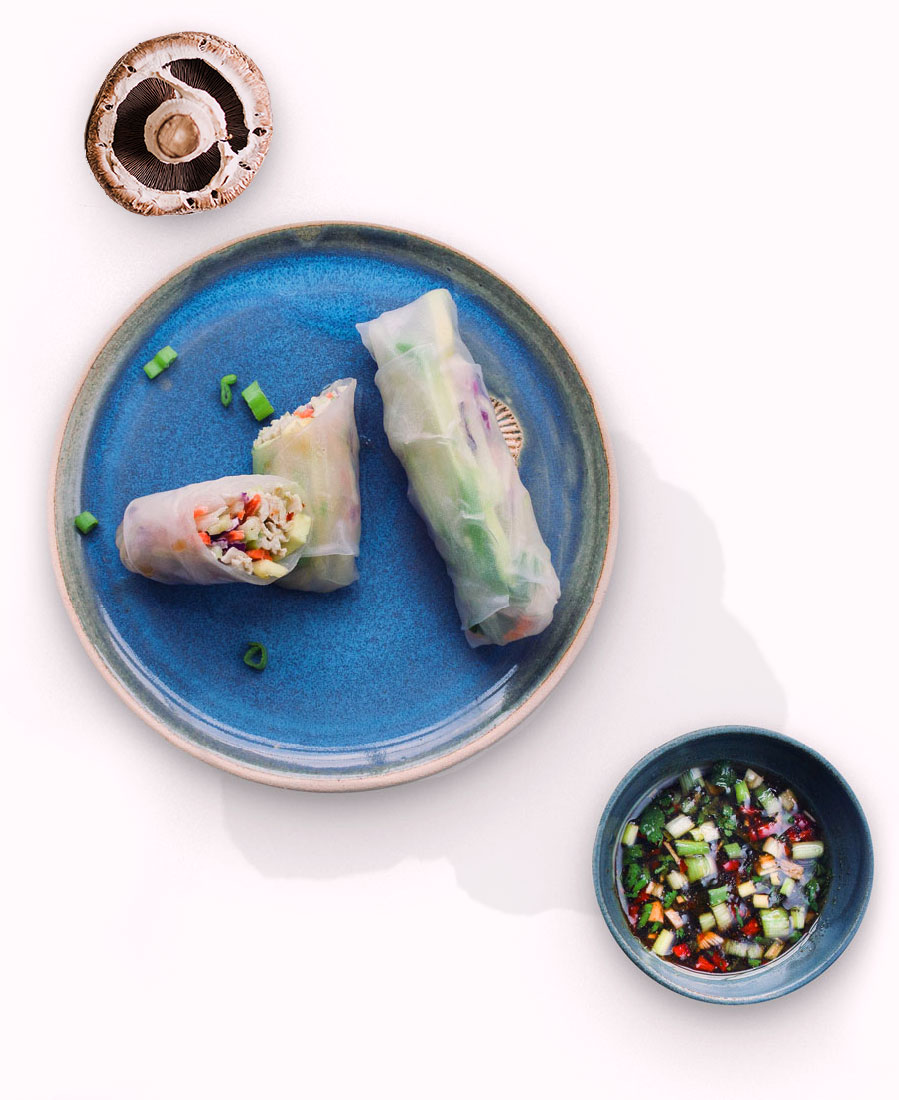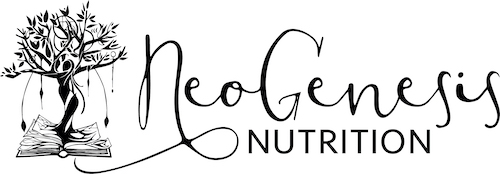Understanding the Connection Between IBS and Anxiety
Irritable Bowel Syndrome (IBS) and anxiety often coexist, creating a complex interplay that affects many individuals. As a condition characterized by abdominal pain, bloating, and altered bowel habits, IBS can significantly impact one’s quality of life. Similarly, anxiety, with its overwhelming feelings of worry and fear, can exacerbate IBS symptoms. Understanding the connection between these two conditions is crucial for effective management and improved well-being.

The Gut-Brain Axis: A Key Player
The gut-brain axis is a bidirectional communication system between the central nervous system (CNS) and the enteric nervous system (ENS), which governs the gastrointestinal (GI) tract. This intricate network involves neural, hormonal, and immune pathways that enable the brain and gut to communicate. When this communication is disrupted, it can lead to a variety of health issues, including IBS and anxiety.
-
Neural Pathways: The vagus nerve is a primary conduit for signals between the brain and the gut. It plays a vital role in regulating digestion and emotional responses. Dysregulation of the vagus nerve can contribute to the onset of both IBS and anxiety.
-
Hormonal Influence: Hormones such as cortisol, the stress hormone, can affect gut function. Elevated cortisol levels during periods of stress or anxiety can lead to changes in gut motility and sensitivity, exacerbating IBS symptoms.
-
Immune System Interaction: Chronic stress and anxiety can lead to an inflammatory response in the gut, further disrupting normal GI function. This inflammation can perpetuate a cycle of discomfort and anxiety, making symptom management challenging.

The Vicious Cycle
For many individuals, IBS and anxiety create a vicious cycle. The discomfort and unpredictability of IBS symptoms can lead to increased stress and anxiety. In turn, heightened anxiety can exacerbate IBS symptoms, creating a feedback loop that is difficult to break.
-
Stress-Induced Symptoms: Stress and anxiety can trigger or worsen IBS symptoms. For example, stressful events or periods of high anxiety can lead to increased abdominal pain, bloating, and changes in bowel habits.
-
Symptom Anxiety: The fear of experiencing IBS symptoms, especially in social or unfamiliar settings, can lead to anticipatory anxiety. This worry can become so consuming that it interferes with daily life and activities.


Increasing your fiber intake can help improve bowel formation and regularity. Men need 25-30 grams of fiber, and women need 30-35 grams daily!

Integrative Approaches to Management
Dietary Modifications & Probiotics
Identifying and avoiding trigger foods can significantly reduce IBS symptoms. A diet low in FODMAPs (fermentable oligosaccharides, disaccharides, monosaccharides, and polyols) is often recommended. Working with a nutritionist can provide personalized guidance.
Probiotics can help restore the balance of gut bacteria, potentially reducing IBS symptoms. However, it’s essential to choose the right strains and consult with a healthcare professional.
Stress Management Techniques
Regular Physical Activity
There is help!
The connection between IBS and anxiety underscores the importance of an integrative approach to health. By addressing both the physical and emotional aspects of these conditions, individuals can break the cycle and find relief. Remember, managing IBS and anxiety is a journey, and seeking support from healthcare professionals and adopting holistic strategies can pave the way to better health and well-being.
If you or someone you know is struggling with IBS and anxiety, reach out for help. A compassionate and comprehensive approach can make all the difference.

Dr. Jennifer Champion, DCN



References:
- Mayer, E. A., & Tillisch, K. (2011). The brain-gut axis in abdominal pain syndromes. Annual Review of Medicine, 62, 381-396.
- Ford, A. C., & Lacy, B. E. (2020). Irritable Bowel Syndrome: A Clinical Review. JAMA, 323(10), 949-958.
- Kabat-Zinn, J. (1990). Full Catastrophe Living: Using the Wisdom of Your Body and Mind to Face Stress, Pain, and Illness. Delta.

Schedule a Call

Get an In-depth analysis of your Gut Health!

Let’s Create Together!


Phone
253.507.5775
Admin@NeoGenesisNutrition.com
Address
2607 Bridgeport Way W Ste. 2M University Place, WA 98466

